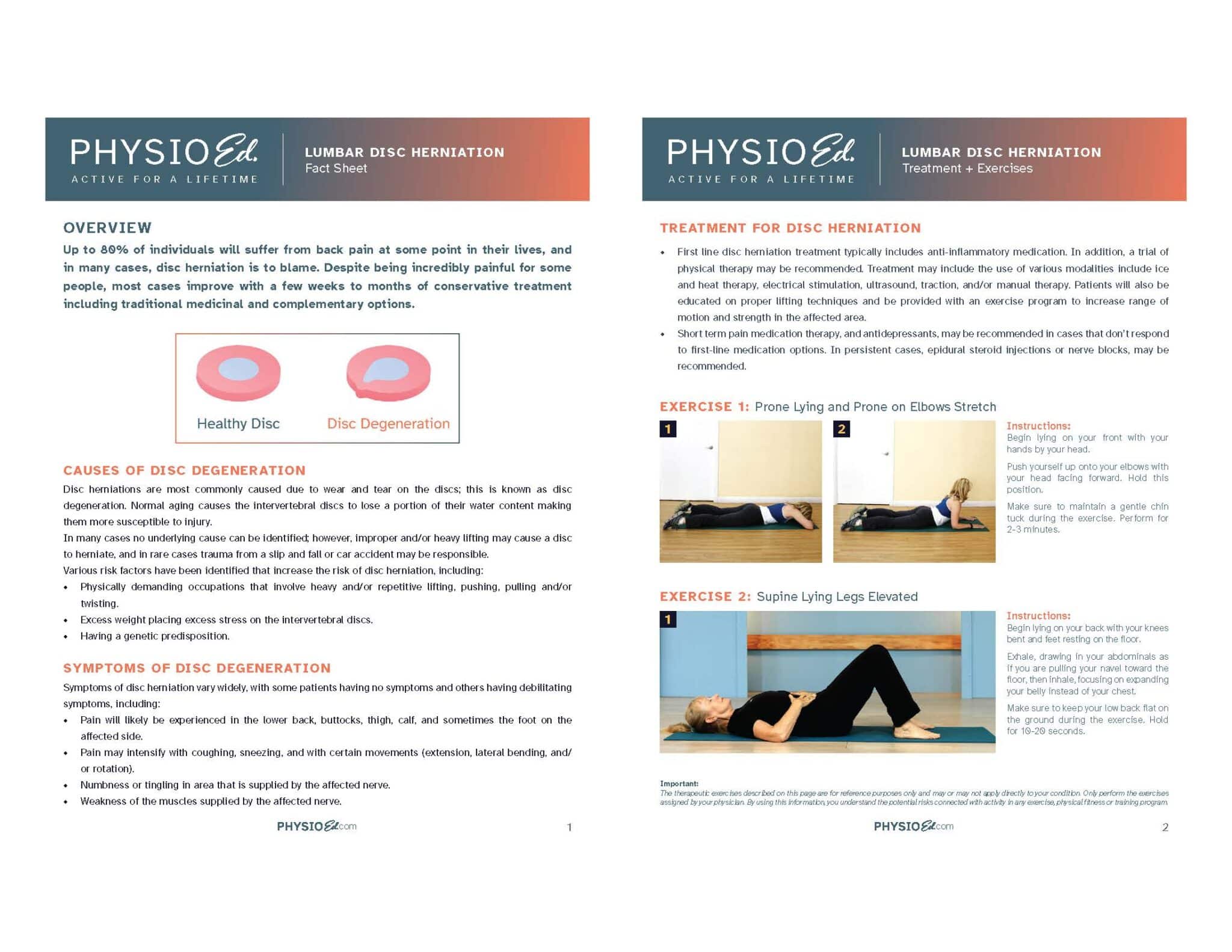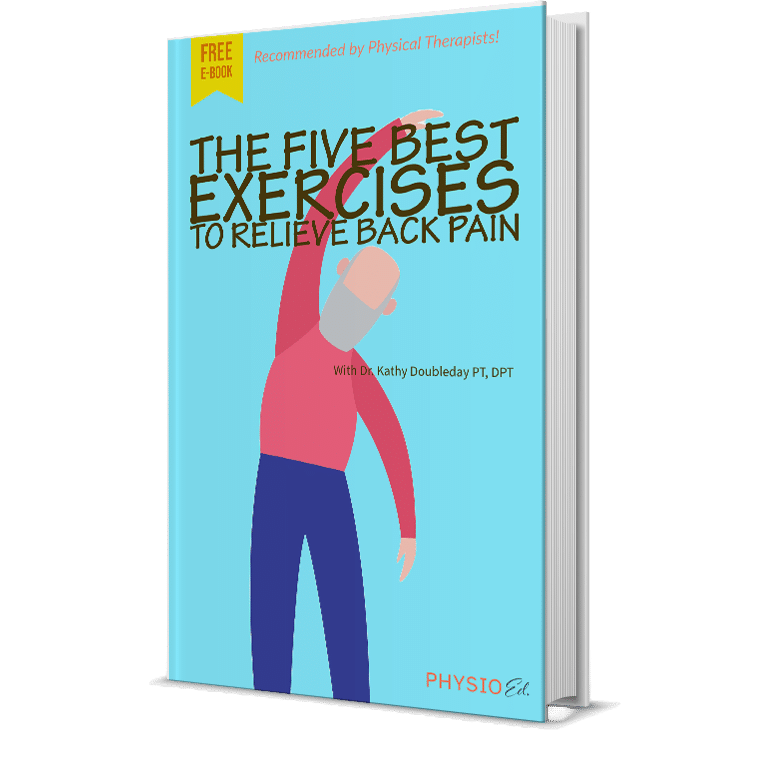One of the most common health concerns among older adults is disk herniation, a condition that can cause significant discomfort and impact your mobility. To help you understand this condition better, we have prepared a comprehensive printable fact sheet on disk herniation.
Our fact sheet covers everything you need to know about disk herniation including its causes, common symptoms, and the various treatment options available. More importantly, it provides practical prevention tips that can help you reduce the risk of developing this condition. Additionally, the fact sheet includes a set of physical therapist-advised exercises with step-by-step instructions that can aid in managing symptoms and promoting spinal health. This resource aims to empower you with knowledge and tools to take control of your health and maintain your quality of life.







